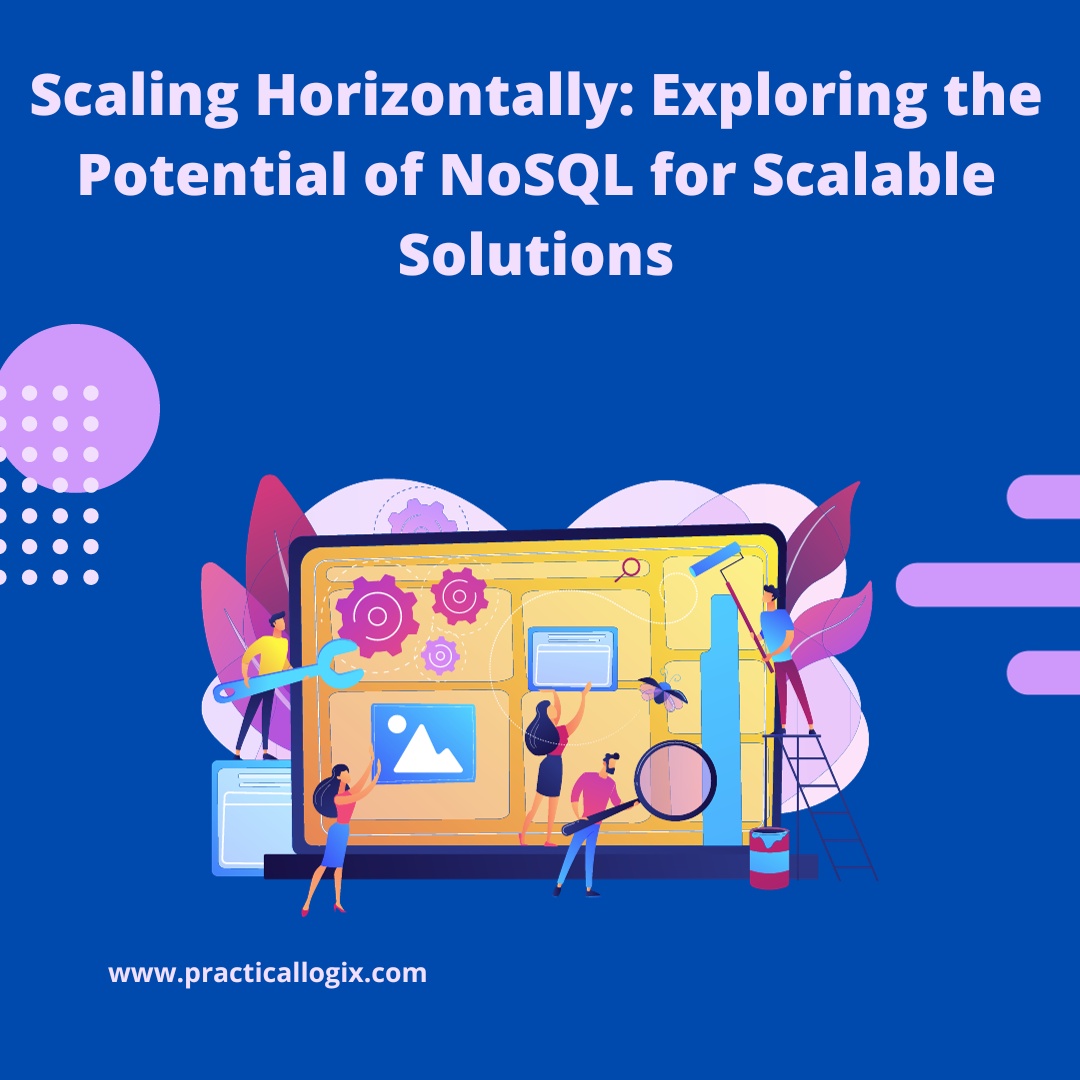In the era of digitalization, the demand for scalable and high-performance solutions has become a paramount requirement for businesses dealing with massive volumes of data. While traditional relational databases have been the preferred choice for many years, they often encounter challenges in handling the sheer volume and velocity of modern data. Enter NoSQL databases, the dynamic alternative that offers a robust solution for scalability, flexibility, and high performance. In this article, we will explore the realm of scalable NoSQL databases and their potential in meeting the demands of today's data-driven world.
Scalability plays a critical role in effective database management, particularly as the worldwide data generation continues to soar. NoSQL databases, built on a different architecture compared to traditional relational databases, provide horizontal scalability. Unlike vertical scaling, where the database is upgraded on a single server to handle increased load, horizontal scaling involves adding more servers to distribute the load. This fundamental difference in approach enables NoSQL databases to scale more efficiently and cost-effectively as data grows.
One of the crucial characteristics of NoSQL databases that contributes to their exceptional scalability is their flexible schema design. Unlike the rigid structures found in relational databases, NoSQL databases like MongoDB, Cassandra, or Couchbase provide schema flexibility, allowing developers to store unstructured, semi-structured, or structured data without predefined schemas. This adaptability empowers businesses to quickly adapt to changing data requirements without experiencing the associated downtime of schema migrations.
The distributed nature of NoSQL databases also plays a significant role in their scalability. Through the utilization of sharding, these databases distribute data across multiple nodes, enabling parallel processing and efficient workload distribution. This distributed architecture ensures that as data grows, additional nodes can seamlessly be added to the cluster, eliminating bottlenecks and maintaining optimal performance.
Moreover, NoSQL databases are well-suited for managing the complexities of modern data, including semi-structured and unstructured data types. For example, document-based databases like MongoDB excel in handling unstructured data, allowing storage of documents, JSON, and XML data without adhering to a fixed schema. This capability is essential for businesses that deal with diverse data sources and formats.
Scalable NoSQL databases not only handle vast amounts of data but also provide high availability and fault tolerance. Most NoSQL databases are designed with replication and data redundancy in mind. In the event of a node failure, data can be retrieved from replicated nodes, ensuring continuous availability and minimizing the risk of data loss. This feature is crucial in mission-critical applications where downtime can lead to significant financial losses or service disruptions.
While NoSQL databases offer numerous advantages in terms of scalability, they are not a one-size-fits-all solution. Choosing the appropriate type of NoSQL database depends on the specific use case, data structure, and performance requirements of the application. For example, key-value stores might be ideal for simple data retrieval, while graph databases excel in managing highly interconnected data, such as social networks.
In conclusion, the world of NoSQL databases presents an appealing solution for organizations seeking scalable, high-performance, and flexible data management systems. The ability to scale horizontally, accommodate various data types, and maintain high availability makes NoSQL databases a robust choice for modern, data-driven businesses. As the data landscape continues to evolve, leveraging the potential of scalable NoSQL databases will undoubtedly play a pivotal role in meeting the demands of the future.


No comments yet